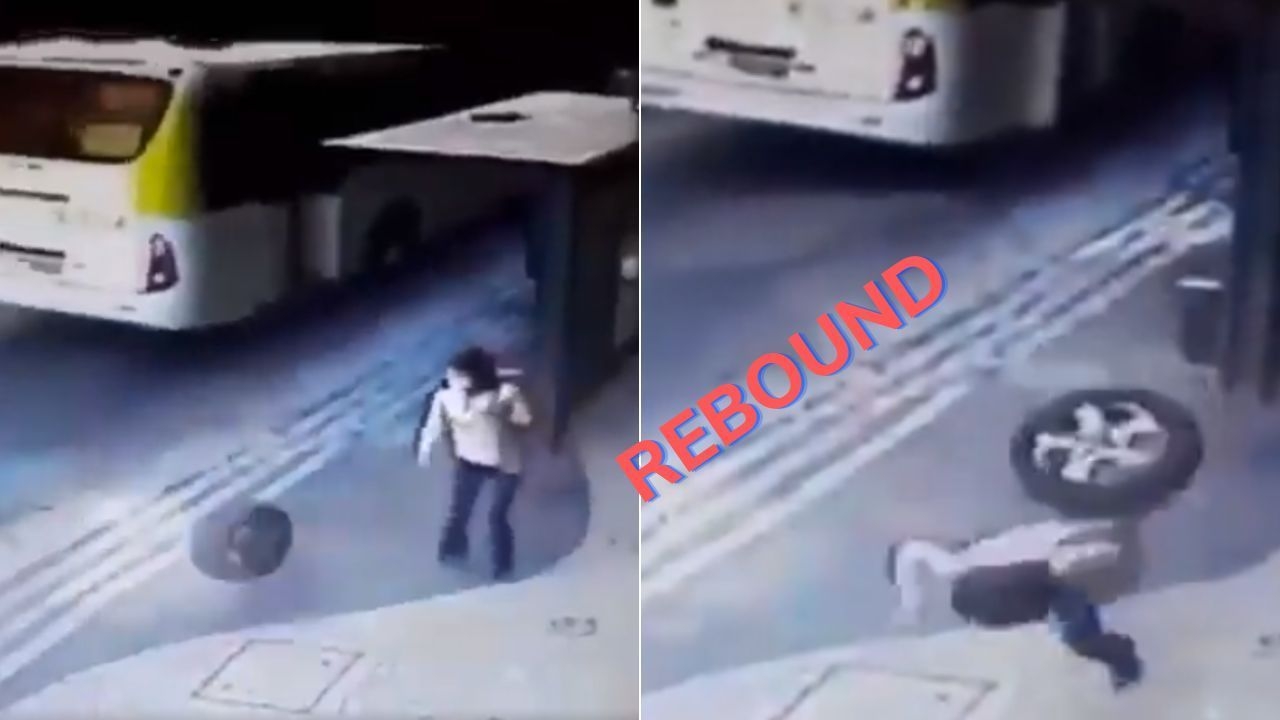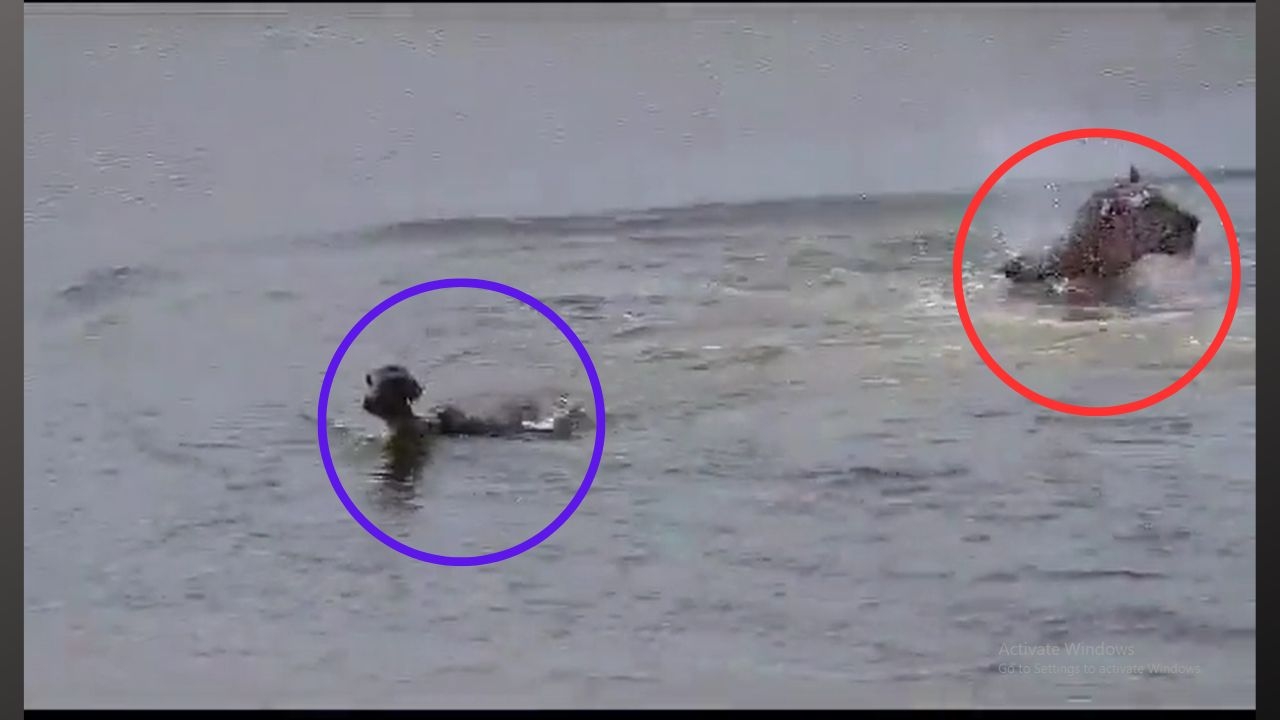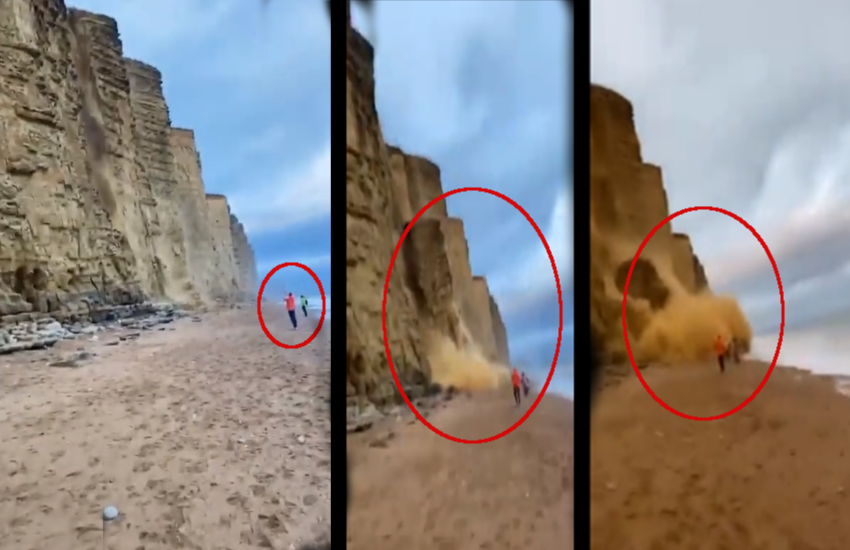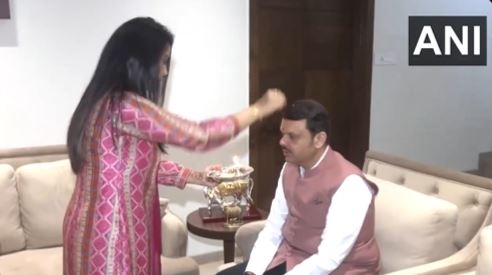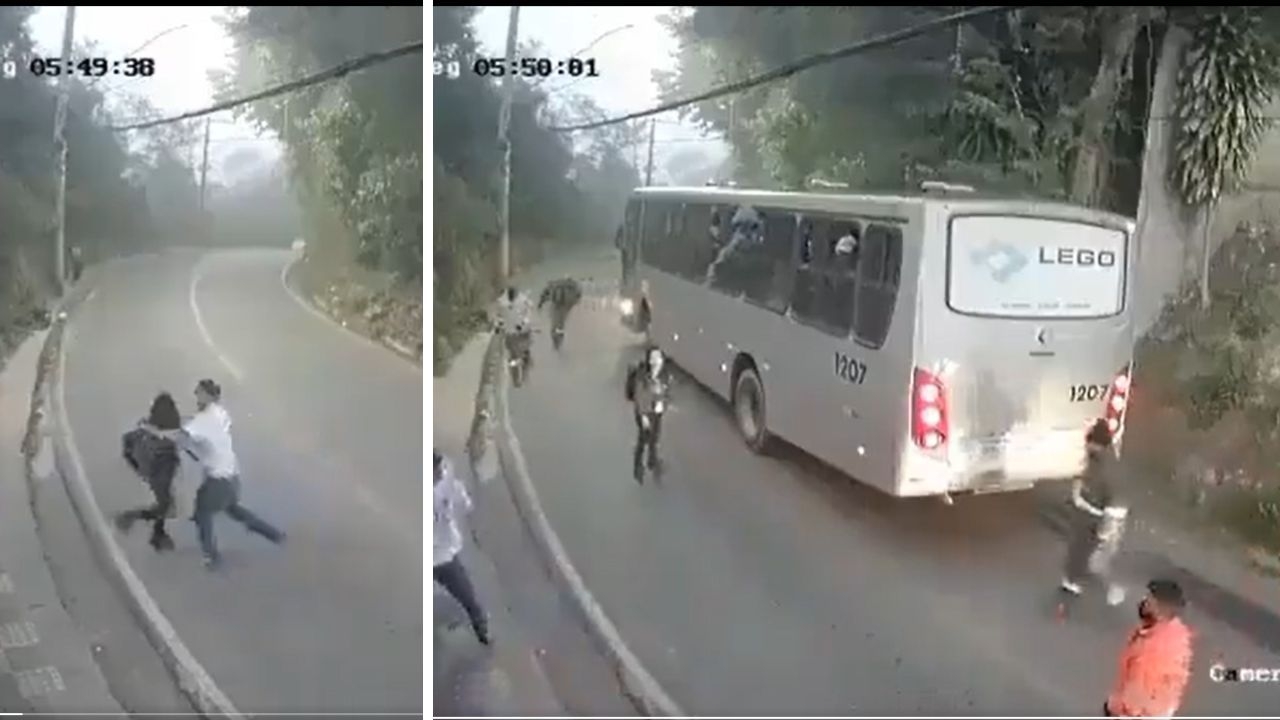Gujarat riot accused Samir Patel extradited from UK. What about others?

In a first, an Indian, Samir Patel, accused in 2002 Gujarat riot case, has been extradited to India from the United Kingdom. This development comes even as other several high profile offenders like Lalit Modi, Vijay Mallya and Ravi Sankaran, continue to be in the UK, evading courts and investigating agencies. Extradition requests have either been turned down by the UK courts or are still pending. India and the UK signed the extradition treaty in 1992. Acting on a red corner notice pending against him, Patel was arrested by the Scotland Yard on 9 August, 2016.
However, Patel's case is different. It is understood that the extradition was possible because unlike other individuals he did not challenge the extradition requests made by the Indian authorities. Challenging the request would have given him the window to challenge the requests in different for a including the courts which would could have led to them weighing in the evidence available on his culpability in the riot case.
The UK authorities are known to take a strong view and a hard look at extradition requests. "Others use the alibis like their life is in danger against extradition requests but Patel did not challenge the extradition," an official explained. "We can confirm that Mr Patel has consented to his extradition to India," Crown Prosecution Service reportedly said. It is not yet known why Patel did not challenge India's request to extradite him.
The case against Samir Patel
Patel, is one of the 43 accused in a March 2002 rioting in Pirwali Bhagol area of Ode village in Anand District of Gujarat. In a case of targeted violence against the minority community, 21 Muslims were burnt alive in the village on 1 March.
The Indian High Commission in London says Patel had jumped the terms of his bail and escaped to the UK. "Mr Patel is facing trial in connection with post-Godhra riots in India in 2002. He is charged with the offence under Section 302 of IPC, along with 43 other accused. The offences include being part of an unlawful assembly; rioting and murder," the statement by the High Commission says.
After being located at an address in Hounslow in West London, he was arrested by the Metropolitan Police Service Extradition Unit on 9 August.
Later on 22 September, the Secretary of State Amber Rudd signed the extradition order.
Other extradition and deportation requests
While Patel has been brought back to the coutry to face the law, several high profile offenders continue to be at large in the UK, which continues to be one of the favourite destinations of individuals like Vijay Mallya and Lalit Modi, accused of money laundering and other serious offences. Only recently, the UK authorities had refused to deport Vijay Mallya and asked the Indian authorities to use the extradition route, something which could take years and even then fail.
Deportation and Extradition requests have been routinely denied for either the investigations fail to convince the authorities and the courts in the UK, the Indian authorities are lax to push such requests.
In the case of Mallya who is wanted by the agencies including the Central Bureau of Investigation and the Enforcement Directorate over the repayment of Rs 9,000 crore loan, the UK government had told the Indian authorities that "the UK does not require an individual to hold a valid passport in order to remain in the UK if they have extant leave to remain as long as their passport was valid when leave to remain or enter the UK was conferred," forcing the government to look for the extradition route. The MEA had earlier revoked his diplomatic passport to pressurise him to join the investigations.
The authorities in UK had poured cold water on deportation requests in the case of Lalit Modi who is being probed probed under the stringent Prevention of Money Laundering Act in the Rs 425 crore deal between the World Sports Group and the MSM on the TV rights of the IPL. After Modi's passport was revoked, the then Home Minister P Chidambaram had written to his UK counterpart George Osborne seeking deportation of Modi in 2013. British Foreign Office, in a response to the letter had told the Indian authorities that "while the British government appreciates the seriousness with which you take Mr Modi's case...where criminal investigations are involved, an extradition request made in the usual manner may be the most timely and appropriate step."
Strangely, after the deportation request was turned down, the request for extraditing Modi was only sent to the MEA in May 2016 by the Enforcement Directorate.
Even when extradition requests get the nod of the authorities, like in the case of Naval Room War Leak kingpin Ravi Sankaran, whose passport was revoked in 2006, a red corner notice was issued in 2007 and the then Home Secretary Theresa May signed the extradition order finally in 2013, the order was overturned by the High Court in 2013 over an appeal.
Paedophile Raymond Varley accused of sexually assaulting several children in Goa between 1989 and 1991, too, could not be brought back to face the law for the extradition order was blocked by the court.
Tiger Hanif, wanted in the 1993 Gujarat bomb blast case is yet to be extradited after India sought his extradition in 2010. His appeal against extradition is pending with the UK Home Office for the last several years.
First published: 20 October 2016, 8:11 IST



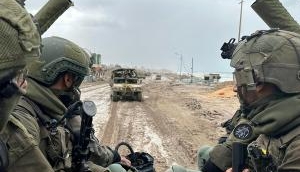
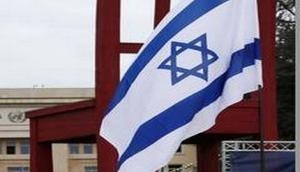
![BJP's Kapil Mishra recreates Shankar Mahadevan’s ‘Breathless’ song to highlight Delhi pollution [WATCH] BJP's Kapil Mishra recreates Shankar Mahadevan’s ‘Breathless’ song to highlight Delhi pollution [WATCH]](https://images.catchnews.com/upload/2022/11/03/kapil-mishra_240884_300x172.png)

![Anupam Kher shares pictures of his toned body on 67th birthday [MUST SEE] Anupam Kher shares pictures of his toned body on 67th birthday [MUST SEE]](https://images.catchnews.com/upload/2022/03/07/Anupam_kher_231145_300x172.jpg)


